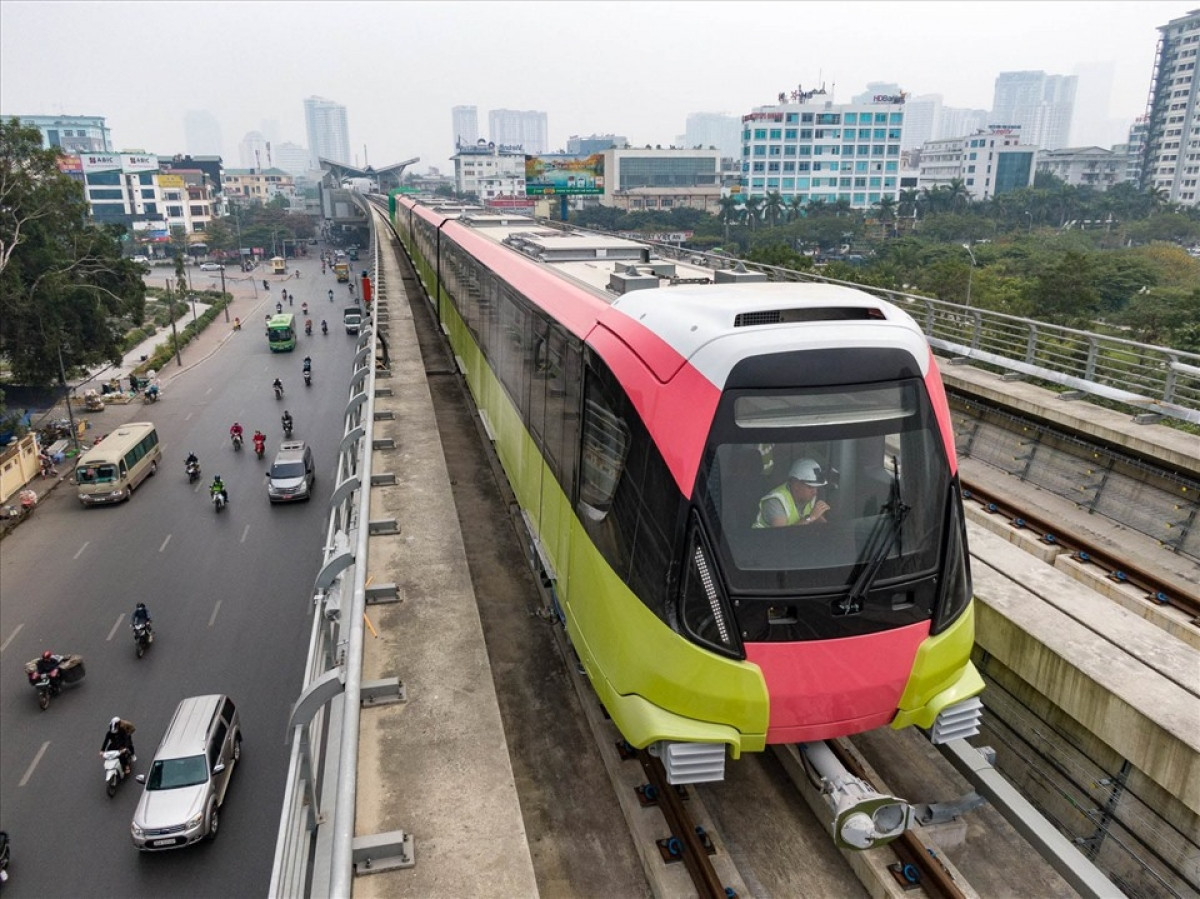
Ten years ago, I paid a working visit to Stuttgart Media University. At the print workshop of the school, I saw about 10 students. I was surprised seeing students practicing on an expensive paper.
I asked the director in charge of external affairs: “Is it a big waste to let students use this expensive paper for practice?”
“Why do you call this a waste if we ask students and teachers to consider this very carefully before placing print orders? The paper is very expensive, and they have the responsibility of avoiding errors in editing, desktop publishing, and color and pattern changing on computers. If we used cheap paper, they would think they can do things carelessly because they can fix the mistakes later. That is just waste,” he replied.
I know of a university in Vietnam which was given a color photo lab for students’ practice 20 years ago. The lab at the time cost VND1 billion.
However, the lab closed after the handover. The leaders of the school explained that the chemicals to develop color photos were very expensive and so were the papers. The school was given the lab, but was not given money to buy chemicals and papers.
Just several years later, the system broke down after being left unused for a long time. A large amount of money was splashed out because of unreasonable policies and the negligence of some people.
Such a big waste in investment can be seen everywhere. Pavements are in good condition when they are rebuilt, just because the budget for public investment has not been used up and agencies want to speed up disbursement of public investment.
As a result, money is wasted, while inconveniences on roads are caused by rocks and soil lying about in disorder.
Power, telecommunication lines and water pipes are regularly dug up and filled, damaging roads year round.
However, this waste is small compared with the waste in huge projects.
Elevated railway projects have been delayed for decades, after investment capital of tens of trillions of dong was raised.
The Ben Thanh - SuoiTien railway section No1, for example, was approved in 2008, but still has not been completed after 14 years.
The investor often asks for a deadline extension, while the required investment has soared from VND7.387 trillion initially to VND43.757 trillion.
The subway No 2 Ben Thanh - ThamLuong project has seen investment capital increasing from VND26.116 trillion to VND47.897 trillion.
It was approved in 2010, but won’t be completed until 2030.
And it is unclear when many other railway projects, such as the Nhon – Hanoi Station section and the Nam Thang Long – Tran Hung Dao Railway No 2, will be completed.
The Thai Nguyen cast and iron mill (phase 2) is going slowly and trillions of VND worth of equipment have been exposed to sun and rain. Big waste has occurred in more than 10 loss-making projects under management of the Ministry of Industry and Trade (MOIT).
PetroVietnam’s ThaiBinh2 thermal-power plant was found hiring bad contractors and using capital for wrong purposes. After adjustments, the investment capital of the projects was raised by several times.
As a result, while the Thai Binh 1 thermal-power plant has been connected with the national grid for five to six years, bringing revenue of trillions of dong each year, Thai Binh 2's first electricity generation unit has just begun operating.
Prime Minister Pham Minh Chinh has recently spent weekends going to cities and provinces where there are delayed projects. These include two hospitals worth tens of trillions of dong in Ha Nam, which have been idle over the last three government tenures.
In addition to slow implementation, many people fear that doctors will not want to leave the capital city to work at the se hospitals.
For the same reason, the plan on relocating universities to provinces and suburban areas remains on paper.
The root of the waste is the rigid and unreasonable public property management policies.
These have prompted local authorities and agencies to periodically spend money from the state budget, in accordance with plans, without thinking about whether spending is reasonable and effective.
If they don’t use up the capital allocated within the year, they will not get capital allocated the next year, so they try every possible way to spend money.
Do Chi Nghia (National Assembly Deputy)